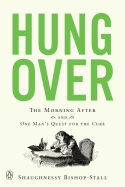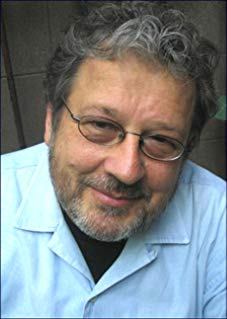 |
| Juris Jurjevics |
Juris Jurjevics, a founder of Soho Press and author, died on November 7. He was 75, the New York Times reported.
Born in Nazi-occupied Latvia in 1943, Jurjevics and his family lived in refugee camps in Germany until they immigrated to New York in 1950. His first job in publishing was at Harper & Row. He then became an editor at Avon Books and was later editor-in-chief of E.P. Dutton, where he published The Seven-Per-Cent Solution by Nicholas Meyer, and editor-in-chief of Dial Press, where he published James Baldwin's last novel, Just Above My Head.
In 1986, he, Laura Chapman Hruska and Alan Hruska founded Soho Press. At the time, he told the Times, "We want to publish the books that deserve to be published but that the bigger houses can't afford to do. Our ambitions are not to have a certain percentage of growth a year and not to be bought by anybody."
As the Times noted, Soho currently publishes about 90 books a year under the Soho Press, Soho Crime and Soho Teen imprints. Its authors have included Edwidge Danticat, whose Brother, I'm Dying won the National Book Critics Circle Award; the actor and director Stephen Fry; and the novelist and critic Dale Peck.
Jurjevics retired from Soho in 2006 to write full time. His first novel was The Trudeau Vector, "a thriller that focuses on an American epidemiologist who travels to northern Canada, near the Arctic, to determine why scientists at a research center have mysteriously died," the Times said. Red Flags drew on "his wartime experience in Vietnam, where an Army police officer finds himself in an American outpost seething with spies, South Vietnamese profiteers and battle-weary troops as Vietcong battalions prepare to descend from the hills."
Bronwen Hruska, who now runs Soho Press, offered a striking tribute to Jurjevics, which reads: "Juris Jurjevics is a legend in the publishing world. Full stop. When he started Soho Press with my parents, Laura and Alan Hruska, back in the mid-'80s, he had already made a name for himself as one of the best editors in the industry in New York. In those early days, he brought Soho true credibility, and with Laura, he went on to discover and edit exciting new voices including Edwidge Danticat, Jacqueline Winspear and Dan Fesperman.
"By the time I joined my mother at Soho in 2008, Juris had left to pursue writing full-time. But to this day, people still ask me about Juris at conferences and publishing events. Juris and Soho are forever fused. He may have left publishing in body, but his soul never really did. Over the years, we'd have lunch every six months or so, and he would come hungry for industry gossip. But without fail, he would have more of it than I did and would end up regaling me with stories past and present of publishing greats. Lunch with Juris never lasted less than three hours--the man knew how to tell a story, and he had so, so many good ones.
"After Laura passed away in 2010, Juris was my lifeline. He'd left Soho four years earlier, but it didn't change the fact that he was the remaining Soho brain trust. He knew the history. So when I'd receive a baffling letter or e-mail from an author, I'd call Juris and he'd direct me to the exact spot in the file cabinet where the necessary folder lived and talk me through the correspondence until everything made sense. He knew the legal issues, the ins and outs of ancient contracts, and the details of all the old editorial battles. In those first days--okay years--when I was running Soho, I relied on Juris, and he was always there for me. It was what allowed me to feel that I knew what the heck I was doing. Until slowly, slowly, I actually did.
"When I had finally finished my first book, Accelerated, my mother was too ill to read the manuscript. She said, 'Ask Juris to read it. And do whatever he says.' I did ask Juris, and he didn't hesitate to say yes. His notes were spot on. Okay, he was brutal as an editor--there is no sugarcoating it. But I appreciate his help more than I think he could have known, because on the flip side, when he said he liked your work, you knew he meant it. His notes made my book better, and I am forever grateful for that.
"Juris was generous with his time, his editorial help, and his stories. His delivery was quiet, gentle, and dry as a bone, and if you weren't paying attention you'd miss his devastatingly funny asides. This is why lunch lasted three hours--it was simply a joy to spend time with him.
"I will miss him deeply."
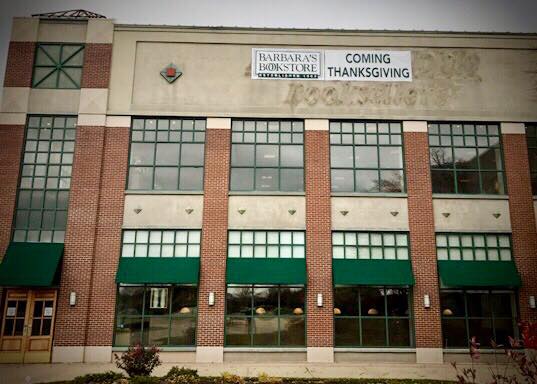 Barbara's Bookstore, which operates several stores in and around Chicago, as well as one in Boston, plans to open "a new (and super) book store" at the Hawthorn Mall in Vernon Hills, Ill., "within the space formerly occupied by (arch nemesis) Barnes & Noble." On its website, Barbara's noted: "Look for the book store to open for business within days of Thanksgiving, just in time for the end-of-year holiday season. Oh, what fun!! Stayed tuned."
Barbara's Bookstore, which operates several stores in and around Chicago, as well as one in Boston, plans to open "a new (and super) book store" at the Hawthorn Mall in Vernon Hills, Ill., "within the space formerly occupied by (arch nemesis) Barnes & Noble." On its website, Barbara's noted: "Look for the book store to open for business within days of Thanksgiving, just in time for the end-of-year holiday season. Oh, what fun!! Stayed tuned."








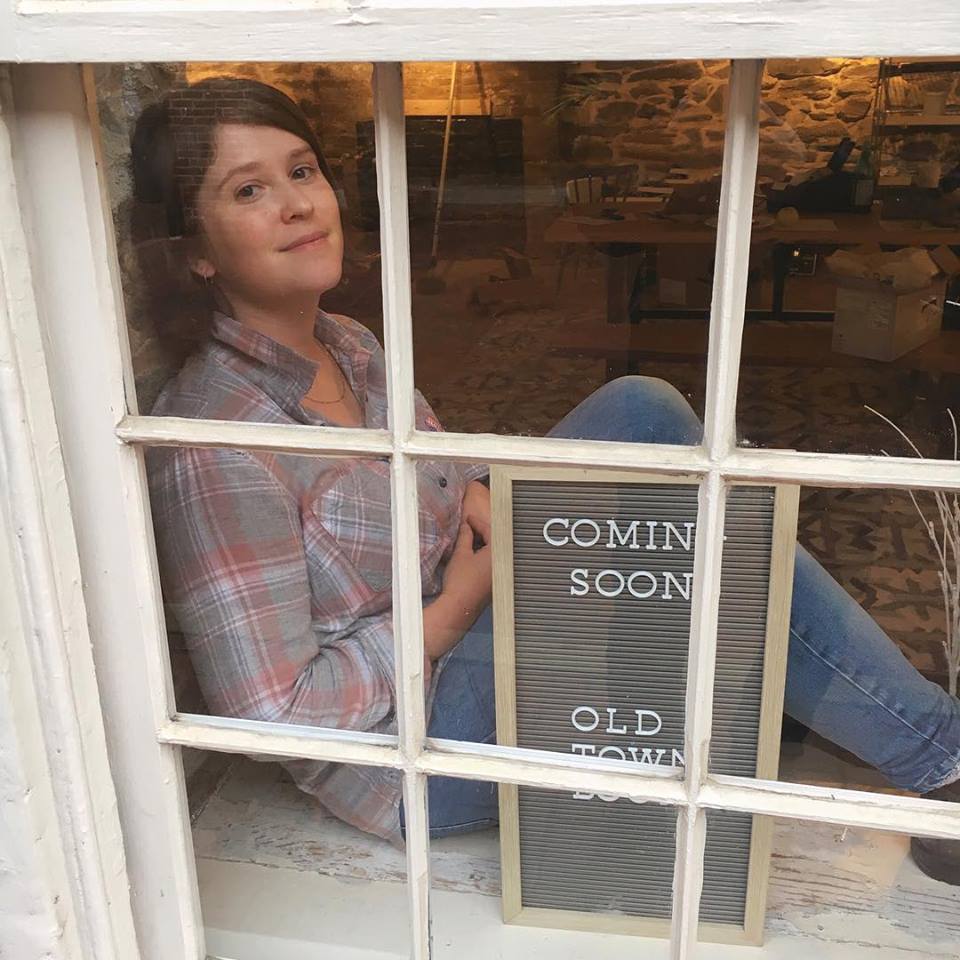 Ally Kirkpatrick is opening a pop-up bookstore in Old Town Alexandria, in Alexandria, Va., on Saturday, November 24,
Ally Kirkpatrick is opening a pop-up bookstore in Old Town Alexandria, in Alexandria, Va., on Saturday, November 24,  The Toadstool Bookshops, with stores in Keene, Milford and Peterborough, N.H., is holding the sixth annual celebration of Cider Monday on November 26, and is again encouraging other independent stores to join in.
The Toadstool Bookshops, with stores in Keene, Milford and Peterborough, N.H., is holding the sixth annual celebration of Cider Monday on November 26, and is again encouraging other independent stores to join in.
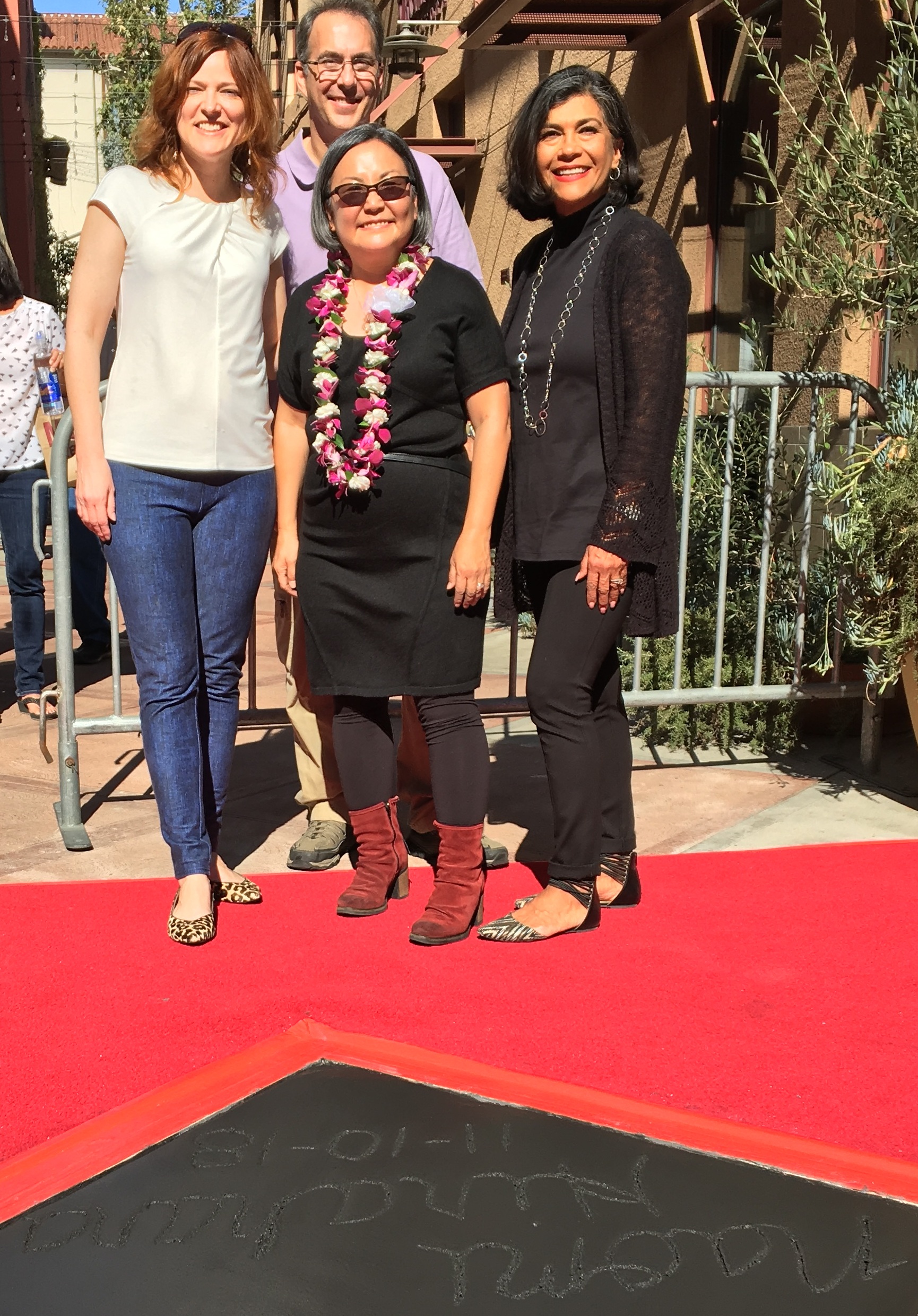 On Saturday,
On Saturday,  "Businesses often diversify to stay competitive," SeacoastOnline.com noted in featuring Tom Holbrook of
"Businesses often diversify to stay competitive," SeacoastOnline.com noted in featuring Tom Holbrook of  The latest subject of Bookselling This Week's "
The latest subject of Bookselling This Week's "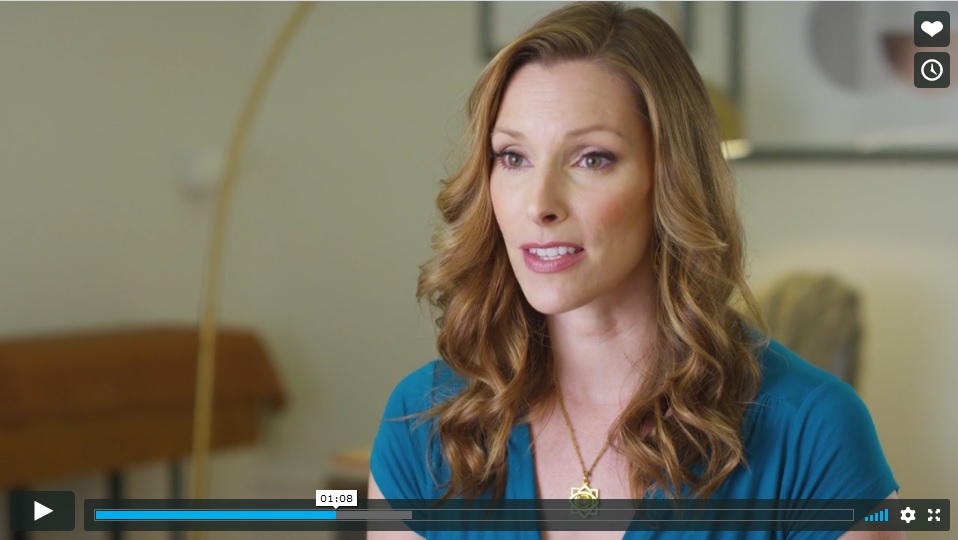 Stress Less, Accomplish More: Meditation for Extraordinary Performance
Stress Less, Accomplish More: Meditation for Extraordinary Performance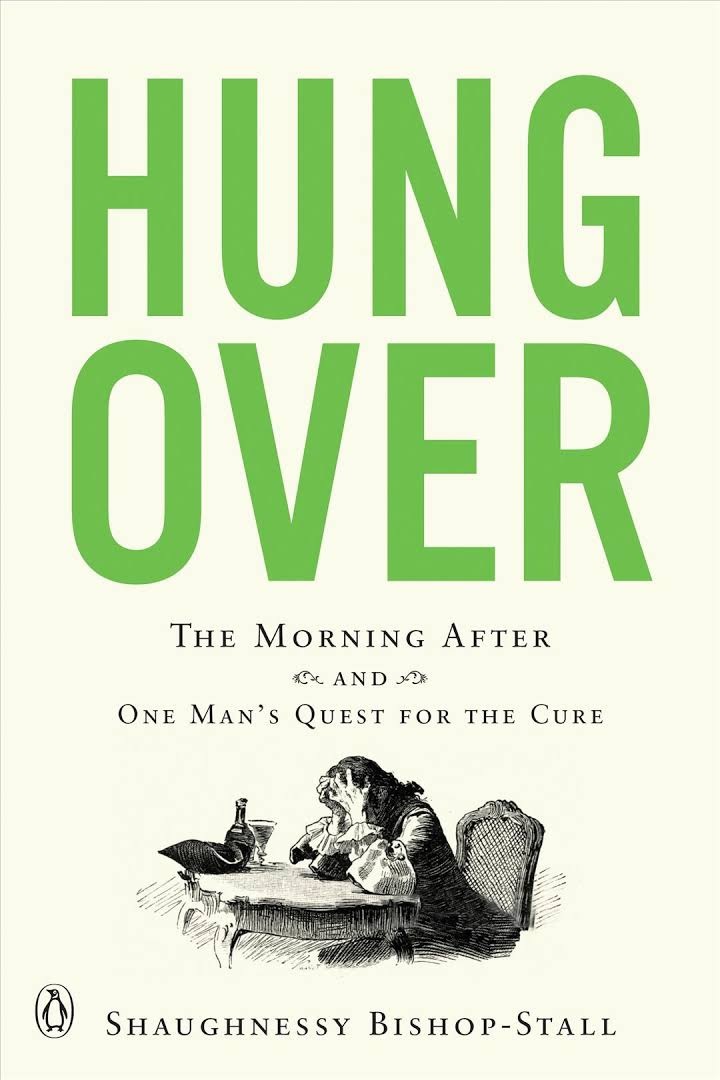 Ever been curious about the science behind James Bond's strict policy on the preparation of his martini? Shaughnessy Bishop-Stall has answers: "A study published by the British Medical Journal concluded that shaking a martini is more effective in activating antioxidants and deactivating hydrogen peroxide than stirring one--supposedly lessening a double-O agent's chances of getting cataracts, cardiovascular disease and hangovers." This is the kind of factoid that populates Bishop-Stall's Hungover: The Morning After and One Man's Quest for the Cure.
Ever been curious about the science behind James Bond's strict policy on the preparation of his martini? Shaughnessy Bishop-Stall has answers: "A study published by the British Medical Journal concluded that shaking a martini is more effective in activating antioxidants and deactivating hydrogen peroxide than stirring one--supposedly lessening a double-O agent's chances of getting cataracts, cardiovascular disease and hangovers." This is the kind of factoid that populates Bishop-Stall's Hungover: The Morning After and One Man's Quest for the Cure.